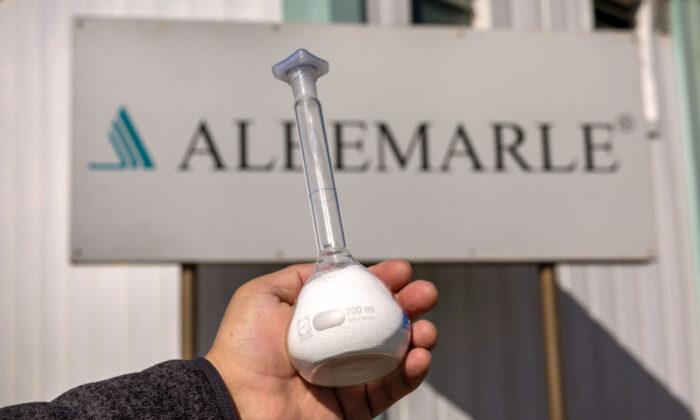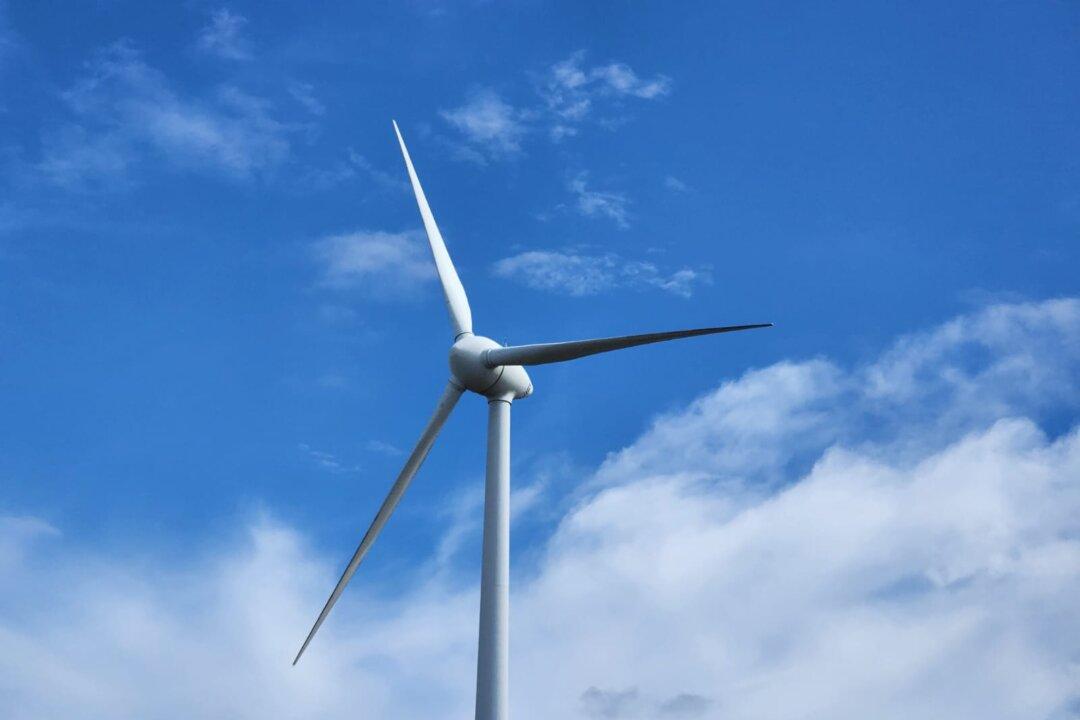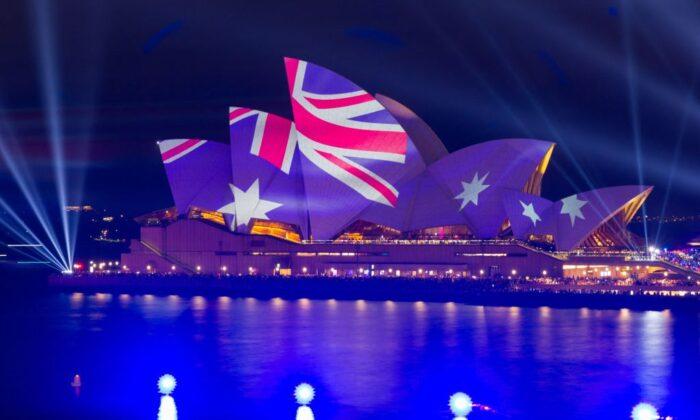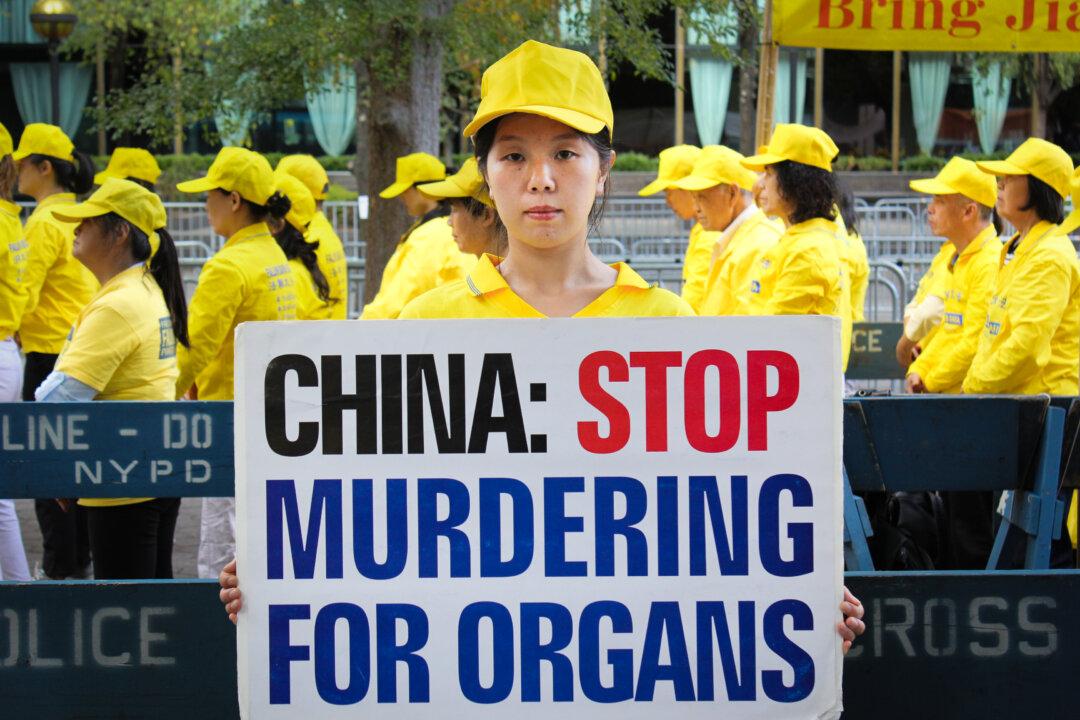U.S. lithium giant Albemarle will deepen control of Australian lithium mining assets after revamping its joint venture with Mineral Resources (MinRes).
In turn, the Australian Mineral Resources will also gain partial control of two Chinese mining plants operated by Albemarle.
In the new deal announced on Feb. 22, Albemarle will initially deepen control over two spodumene conversion trains in Kemerton, Western Australia, from 60 to 85 percent.
Spodumene is in high demand for conversion to lithium which is used in the creation of lithium-ion batteries—now a must-have item amid the global push for net-zero. Lithium batteries are used in electric vehicles, smartphones, and large rechargeable batteries.
“Inherent to that strategy is managing our global portfolio to maximize growth optionality and maintain a leading position in a dynamic, growing market.”
Australian Company Gets Chinese Winfall
At the same time, MinRes will up its stake in the jointly owned Wodgina Lithium Mine Project from 40 to 50 percent.“MinRes is proud to operate in Western Australia, a jurisdiction that leads the world in ethical mining practices and is backed by governments focused on growing the battery minerals supply chain,” said Managing Director Chris Ellison.
“We also continue to study options to invest in capacity for future downstream lithium production in Australia,” he added.
Meanwhile, in China, the Australian firm will receive half the ownership of Albemarle’s Qinzhou and Meishan plants after agreeing to pay $970 million (US$660 million).
Qinzhou has a capacity of 25,000 tonnes per annum and will be modified to be able to convert spodumene from Wodgina, while Meishan has a future capacity of 50,000 tonnes per annum.
The Supply Chain Headache
Lithium and rare earth supply chains continue to be a headache for political and business leaders.While the mining of lithium is diversified, the actual processing activity is concentrated in China, with many miners (like Albemarle and Mineral Resources) shipping extracted minerals overseas instead of processing them locally.
China is estimated to control around 44 percent of lithium refining globally and 70 percent of battery cell production, in statistics from Benchmark Mineral Intelligence.
This advantage was gained steadily over the decades through low-cost labour and relatively lax environmental standards that together feed into cheaper processing costs compared to the West where mining firms have simply closed shop altogether.
“The U.S. military today does not have direct, domestic access to the most advanced lithium batters and chemistries to power its troops, vehicles, bases, and weapons systems. Foreign countries, including some that are potential adversaries, also control the upstream and midstream, supply chain for those batteries,” the report read.
The situation has compelled U.S. and Australian leaders to push hard to develop alternate processing streams for lithium and rare earths.






Friends Read Free